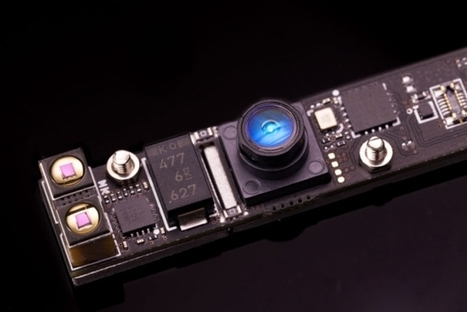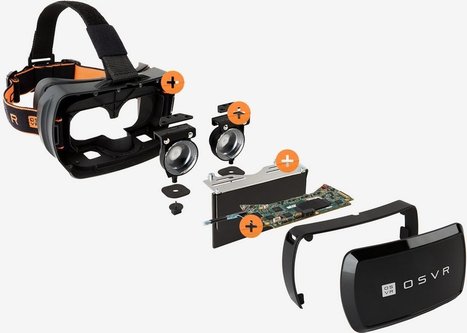Leap Motion ha annunciato una nuova piattaforma che permetterà di aggiungere la tecnologia di hand tracking ai visori per la realtà virtuale mobile, come il Samsung Gear VR. L’azienda californiana ha presentato un primo prototipo e fornito alcune caratteristiche hardware, ma bisognerà attendere il 2017 per vedere un prodotto finito.
Circa tre anni fa, Leap Motion aveva introdotto sul mercato un piccolo controller USB con fotocamere e LED ad infrarossi, in grado di rilevare la posizione delle mani nello spazio e convertire i movimenti in gesture per Windows 8.
La tecnologia di tracciamento è stata successivamente integrata nel visore OSVR, mentre una versione del controller di dimensioni inferiori (Orion) può essere usata con qualsiasi visore per la realtà virtuale, come Oculus Rift. I dispositivi di fascia alta hanno oggi il loro controller, quindi Leap Motion ha deciso di puntare alla VR mobile.



 Your new post is loading...
Your new post is loading...








